As someone who’s the same age as “the internet,” I’ve become part of the generation that utilizes it in every area of our life. So, quite naturally as someone who grew up with video games, I’ve been browsing gaming discussion boards for years. With the growth in popularity of video games, an occurring topic over the last few years deals with improving yourself as a player. However, additionally to “How to get good?“ threads, I regularly see threads asking generic questions regarding player mentality.
As a response to those regularly emerging questions, I’ve decided to start a series of short articles called “Ranking-Up your Mentality,” covering how to deal with the issues of tilt, anxiety, motivation and confidence. Often, the questions I see are in regards to other aspects of your mental game, such as focus, discipline, decision making, and playing “in the zone.” However, by addressing the aforementioned four, you will naturally improve in the other areas while the reverse is not true.
There is also a relationship between different issues that could be important to examine. For example, motivational problems may occur due to tilt, tilt can be caused by lack of or too much confidence and confidence issues can arise as a result of anxiety and etc. As a result of that, keep in mind some entries can appear unnecessary for you to read at first glance, but they actually are relevant to issues you want to address or don’t even know you had. In a way, those four are the founding pillars of players’ mindsets and that’s why they are at the core of the topics I plan on addressing.
As I plan on making semi-regular entries, I’ll be trying to cover one issue at a time. Sometimes though, if I feel the topic requires addressing more issues, some might feel overwhelmed. If you find yourself in such a position, just take it one at a time and prioritize in a manner of your preference. Look at it as if it’s a new game you are learning: at the start, there might be too many things to worry about. But when you start learning the different mechanics one at a time, soon you’ll be able to see how everything fits together.
The process of improvement in mentality is slow and steady rather than happening overnight. Simply because you’ve read about an issue and understand it does not mean you’ll be solving a problem overnight. Be ready to continuously work on your mindset as you do for becoming better in everything else. If you have questions, you can always search for more extensive sources or ask me in the comments below or on Twitter.
Keep in mind people are different and it’s hard to know what is going to work best for each individual. Start by following basic concepts and strategies for solving your issues and later after acquiring some knowledge and experience, you’ll be able to figure out what works best for you. Again, this is no different from learning a new game; at the start, you’ll be learning basic mechanics and concepts and later on you can use whatever fits your playstyle best.
As some readers might be curious, the information I am providing in this series is going to be based on personal research and many improvement, psychology and mindset books and articles I’ve read previously due to my own interest in the topic. If you wish to learn more about me, you can find information at the bottom of the article.
My intention for the series is to cover the basic mentality issues I often see with players and provide novice toolkits of strategies and some specific tactics for dealing with them. So don’t take everything written here for gospel, instead try to understand how and why the described processes and techniques work. Once you do that, you’ll be able to continuously adapt them to fit you best.
Additionally, the concepts and strategies for dealing with issues introduced in the series are not exclusive to specific games or gaming. Once you understand why and how they work and benefit your mentality in gaming, you will be able to apply them to other aspects of your daily life outside of gaming. Often people can find that they have a specific mindset issue in general, rather than just in a specific area of their life.
From reading the title, some might instantly react “Why are you wasting my time with this? I’ve been to school, I already know how to learn things. I only came here to get better at video games.” It is, however, an important topic to go into as first, because if a player doesn’t understand the basic flow of learning and performance, they can easily end up emotionally destabilized for no good reason. When they know the reason something is happening and what it means for their improvement process, players aren’t distressed by the potential discrepancy between expectations and performance. This, in turn, can largely mitigate to a great extent of problems, such as tilting, choking, anxiety and confidence issues (both lack of and overly so).
In the first article of this series, we are going to get familiarized with the conscious competence learning model. It relates to the psychological states involved in the process of progressing from incompetence to competence in a skill.
The four stages of learning a new skill
When you are approaching any new skill, especially if you aren’t a natural, the process is very much predictable and can be simplified down to four stages based on your competency at the time. Talent and previous knowledge of the subject affect video games, just as much as they do anything else, but even with the quickest of learners, you can differentiate between the four.
Stage One: Unconscious incompetence.
This is the first stage of learning a new skill, at which the player does not know how to play properly, and more importantly, does not recognize the deficit in oneself.
It is important to note that natural intuition for playing can exist, but the problem is that once it fails the player, he doesn’t know how to fix the problems unless he’s been working on a solution already. So even if you rely on your supposedly good natural intuition for something, the best way to improve is still based on logical analysis and practice, rather than playing without a purpose, just hoping to gain some natural insight.
Good examples of natural intuition failing in the professional scene is the M5 lineup from LoL. At first (in 2012) they were the best team in the world, basing their gameplay on natural intuition and teamplay. Later on though, other teams started to catch up to them with a lot of practice and anlyzing the game. Eventually, M5’s (named Gambit later on) intuition fell off and since they didn’t develop a decision-making process based on logic and analysis, they didn’t have anything to rely on and were now struggling to remain competitive, even versus lower level opponents.
Examples of individual players who heavily utilise natural intuition, rather than one built on analysis and logic, but as result are known to struggle with delivering consistent performances, are JW (CS:GO), Uzi (LoL) and av3k (Quake and Overwatch).
Stage Two: Conscious incompetence
Though the player doesn’t know how to do something, the deficit and the value of addressing a new skill are now apparent to him/her. Getting to this stage can be done both by making mistakes multiple times and eventually recognizing them, or simply having someone pointing them out to you.
Stage Three: Conscious competence
After long hours of practice, the player has now reached a level where the task at hand can be performed, but it requires concentration. A shift of attention to some other task or rush of emotions effectively makes the player unable to perform the task properly until she/he is focused again. Getting through this stage can be hard, as sometimes you feel like you have already mastered the skill, but if anything, inability to perform it properly without concentration only shows you need more practice.
Stage Four: Unconscious competence.
At this point, you’ve effectively mastered the skill and it can be performed easily without putting any extra thought other than it should be done. As a result, you can now perform it while dedicating your full focus to another task. An important note is that a skill can still be honed beyond this point, but doing so similarly to when first learning the skill requires attention.
This is applicable to many aspects of your life and you can probably think of many examples with you learning different skills. Nonetheless, I’ll follow with two simplified examples, one from gaming and one from traditional sports.
Let’s say you are someone who hasn’t had any martial arts training and you go to a boxing gym. At first, you can’t throw a strong punch, but don’t exactly know why the other guys hit so much harder. At that point, you are at a level of unconscious incompetence.
When the coach proceeds to explain how to throw a punch and points out the mistakes you made, you become conscious of your mistakes, aka consciously incompetent.
After long training sessions, you can now throw a variety of punches and combinations on the bag properly, so you enter the ring for a sparring session. However, when the opponent starts hitting you back, you get flustered and your punches suddenly turn into pillows. You are at the point of conscious competence — throwing a punch properly requires you to be fully concentrated on the task of punching, and when you get distracted, you quickly become a mess.
Many more training sessions later, you enter the ring and after several rounds, you are getting congratulated for the good performance. You can now punch properly under pressure and focus your attention on another task while doing so. You’ve become unconsciously competent.
 For the gaming example, let’s imagine you are picking up Street Fighter for the first time. You boot up the game and pick a character; you even go to the list of special moves for your avatar and memorize all of them. Feeling confident, you jump into an online match and start attacking your opponent, dealing some damage. You quickly lose though and after a couple more matches, you note that your opponents seemingly do much more damage than you, even with the same character. At this point, you are unconsciously incompetent; you are losing for a reasons you don’t even know.
For the gaming example, let’s imagine you are picking up Street Fighter for the first time. You boot up the game and pick a character; you even go to the list of special moves for your avatar and memorize all of them. Feeling confident, you jump into an online match and start attacking your opponent, dealing some damage. You quickly lose though and after a couple more matches, you note that your opponents seemingly do much more damage than you, even with the same character. At this point, you are unconsciously incompetent; you are losing for a reasons you don’t even know.
Later, a friend comes to your place to play with you and shows you how you can combine different moves into seamless combos that once started, can’t be interrupted by the opponent. You are now aware of your incapabilities, even though you know how to do some of those combos.
After some hours of practice in the training room, you finally manage to reliably pull off several of the combinations and you decide to hop into the online matches again. However, in the midst of the fight, with your opponents moving around and hitting you as well, you discover you’re unable to perform them. You are now consciously competent; you can pull the combinations of moves but only if you are fully focused on them. When you have to think about other elements of your gameplay, combos become unavailable again.
Finally, following many more hours practicing the combos, they become ingrained in your muscle memory and you can now pull them off, based on the first move connecting without even thinking about them. You’ve reached the stage of unconscious competence when it comes to pulling off that combination of moves.
Now, after we learned about the process of learning a skill, it should be easier to look at bad habits or regular mistakes in your game and perceive them as “skills,” which you are unconsciously competent at. The problem is you don’t want to be. In some cases, you might have even learned them as a tactic to win, but with time, they’ve become outdated and need to be removed from your game in order for you to improve now. This can be especially true for games that patch often, due to which meta games and balance change drastically, leading to players picking up habits that in one meta game might have proved successful, but later on cause losses.
Accepting and understanding variance
In online games, especially ones in which you are part of a team, there is often a certain amount of variance affecting the outcome of the match. It is a highly known fact that every so often you’ll get an underperforming teammate, which might cost you the game, but over the course of dozens of games, it becomes nothing but an expected and short-lived annoyance. While “Elo hell” might hold you back in your current game, it’s crucial to remember and remind yourself that over the course of hundreds of games, it will be just a decimal number.
In similar fashion, a variance exists and will always occur in your own level of play; some days you can pull out crazy moves that you saw a pro do on a VOD, yet others you can barely do anything. However, tasks you’ve brought to the level of unconscious competence and see yourself committing a multitude of mistakes you thought you’d never make.
The best way to limit that variance is by continuously working on expunging your bad habits and regular mistakes. When you manage to do that, you are opening up your attention to performing skills you haven’t mastered fully, allowing you to demonstrate your best game more often, rather being on the lookout for mistakes. Additionally, it levels up your worst possible game, thus diminishing the difference between your top and bottom performances and preventing tilts and emotional outbursts even on your bad days.
If you are constantly working on new skills and not fixing your mistakes, you are naturally increasing the possibility for variance in your game, which in turn hurts your mentality. On your good days, you’ll be great, when you don’t make mistakes and can demonstrate variety of skills. But on the bad days, you’ll commit a variety of mistakes and barely be able to exhibit any skills. Even if you are intellectually accepting of variance and understand its existence, it’s hard to always keep your emotions in check and moments like those tend to cause gear smashing and loss of motivation.
A good way to deal with and prevent losing motivation during slumps and keep track of the skills you learned, as well as the weaknesses in your game that you’ve covered, is to keep a progression diary where you regularly answer several questions:
- The complexity of your thought process when playing now, compared to when you first started consciously trying to improve your game.
- Skills that you have mastered unconsciously, thus can fulfill without dedicating your attention to.
- A mistake in your game that you discovered recently.
- Mistakes that used to be part of your game, but you don’t make any more.
This will not only help you keep track of progress and learned skills, but additionally, it helps with your mentality during long slumps by remembering mistakes you are not making anymore. This way, you also won’t be just comparing your performances during a dip of form to when you were on top of your game from a week or two before. Instead, you can compare your current bad run of form to the previous one and see the progress you’ve made since then. Same goes to your best days as well.
Inchworms versus grasshoppers.
The terms “inchworm” and “grasshopper” come from studies about learning math and are used to describe the two extremities when it comes to thinking style in learning. The difference lies in the way thinking, processing and memory are organised for the specific person.
While inchworms look for facts, focus on details and follow established procedures, the grasshoppers like the big picture, enjoy open questions, look for patterns and connections. Naturally, most people are on the spectrum between the both, rather than one or the other, but depending on which extremity you are closer to, you should be careful for the different flaws both styles have.
Grasshoppers need to make sure they are working on their basics rather than constantly experimenting with new strategies or trying out advanced moves. It can be tempting, especially for them, to try out the flashy and advanced moves you’ve seen, but it’s much more important to master the basic principles of the game. After they do that, grasshoppers will find themselves naturally more capable of utilizing them into more complex situations and naturally coming up with advanced tactics and strategies.
On the other hand, it is important for inchworms to make sure they are adaptable and don’t follow the same formula of playing all the time. While they do have an easier time learning new skills, they can have trouble learning when to utilize them or why a certain action has the effect it does on the opponent. It is important for inchworms to constantly remember to look at the circumstances and adapt to the situation, learn different strategies, tactics and when they should be utilized. They should always be on the lookout for falling into a certain routine and doing everything the same, no matter what is going on in the game.
Now that we’ve taken a look at some basic learning concepts, it should be easier to understand the learning process. This will make it harder for natural occurrences in the process when it comes to learning and improving to frustrate you. As a result of that and applying the mentioned techniques, it will be much harder to lose motivation for improvement.
It is important to note that knowing intellectually does not automatically mean you won’t be frustrated by the issues. Sometimes, you’ll still lose motivation. In such moments, remind yourself that everything is part of the process and examine your progress so you can quickly recall how much you’ve improved, even if it seems like you currently are going nowhere. If need be, you can even come back here and re-read the entry to remind yourself that the best way to get through the mistakes is with practice.
That is what we’ll also be taking a look at in the next entry of the series. Specifically, how to structure your practice process to make sure you are performing your best during games and learning in a time-efficient manner.
The next entry of the series: Ranking-Up your Mentality: Establishing a Process
Photo credits: kemecer, elijahconsulting, capcom, clipartpanda, youthonline.


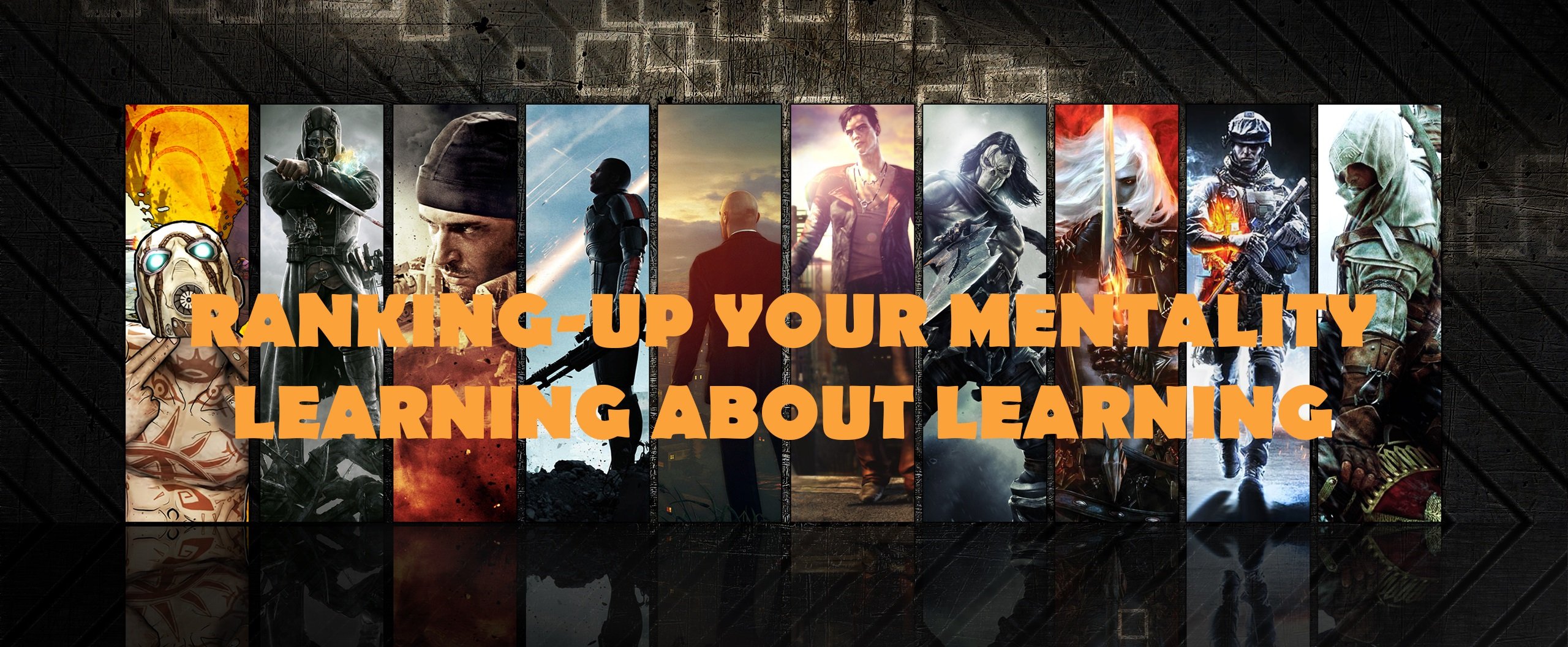
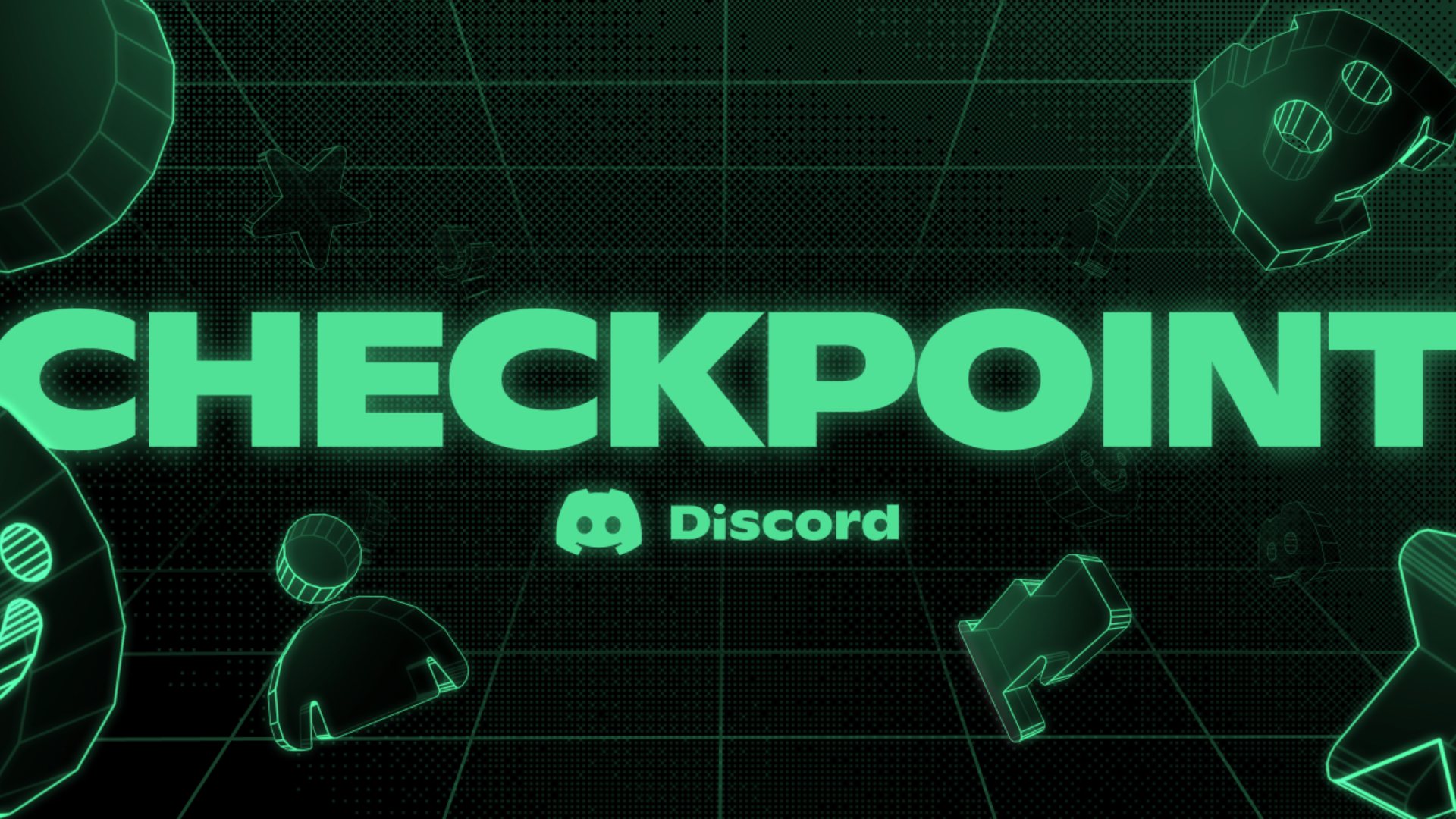


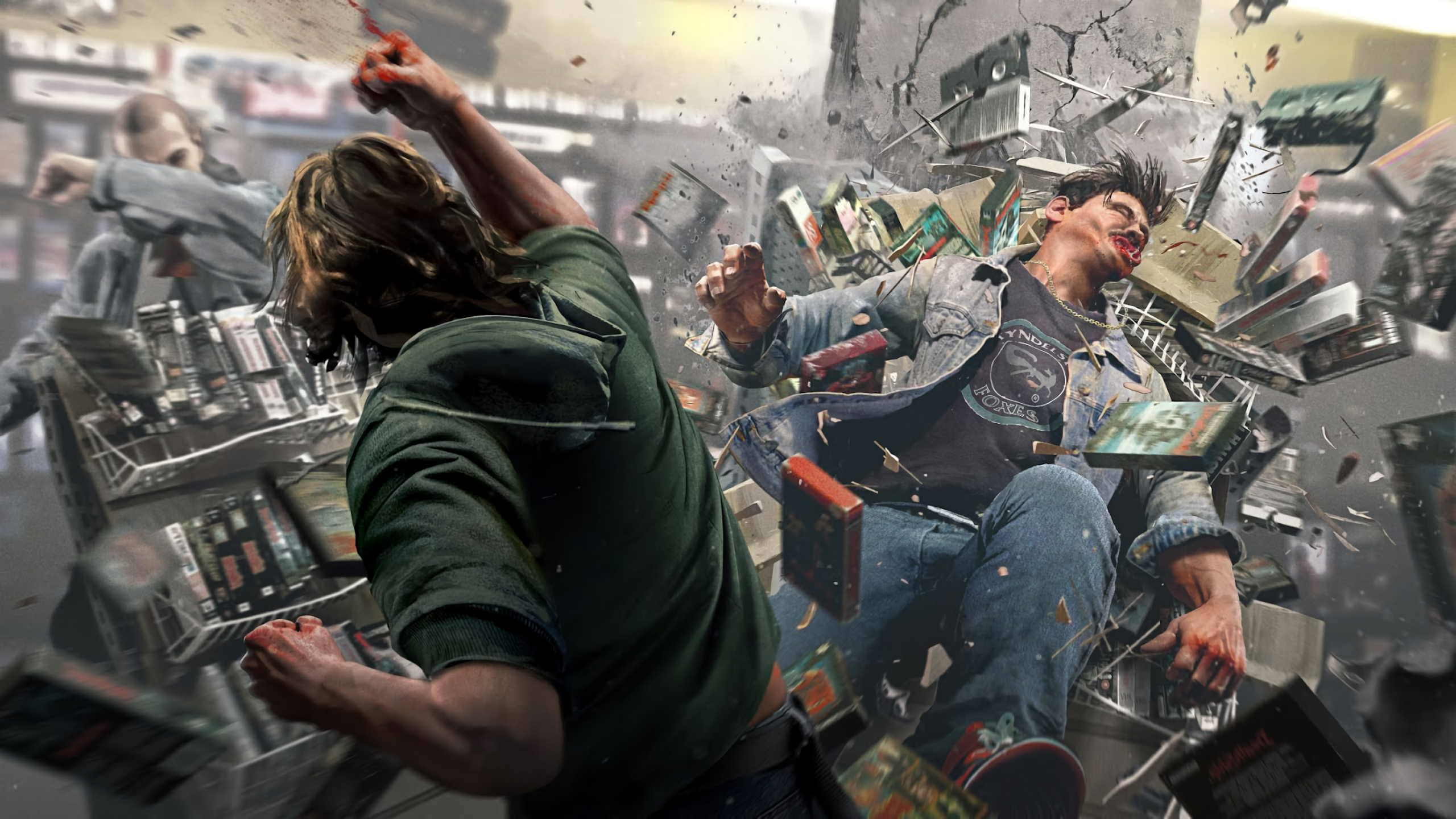
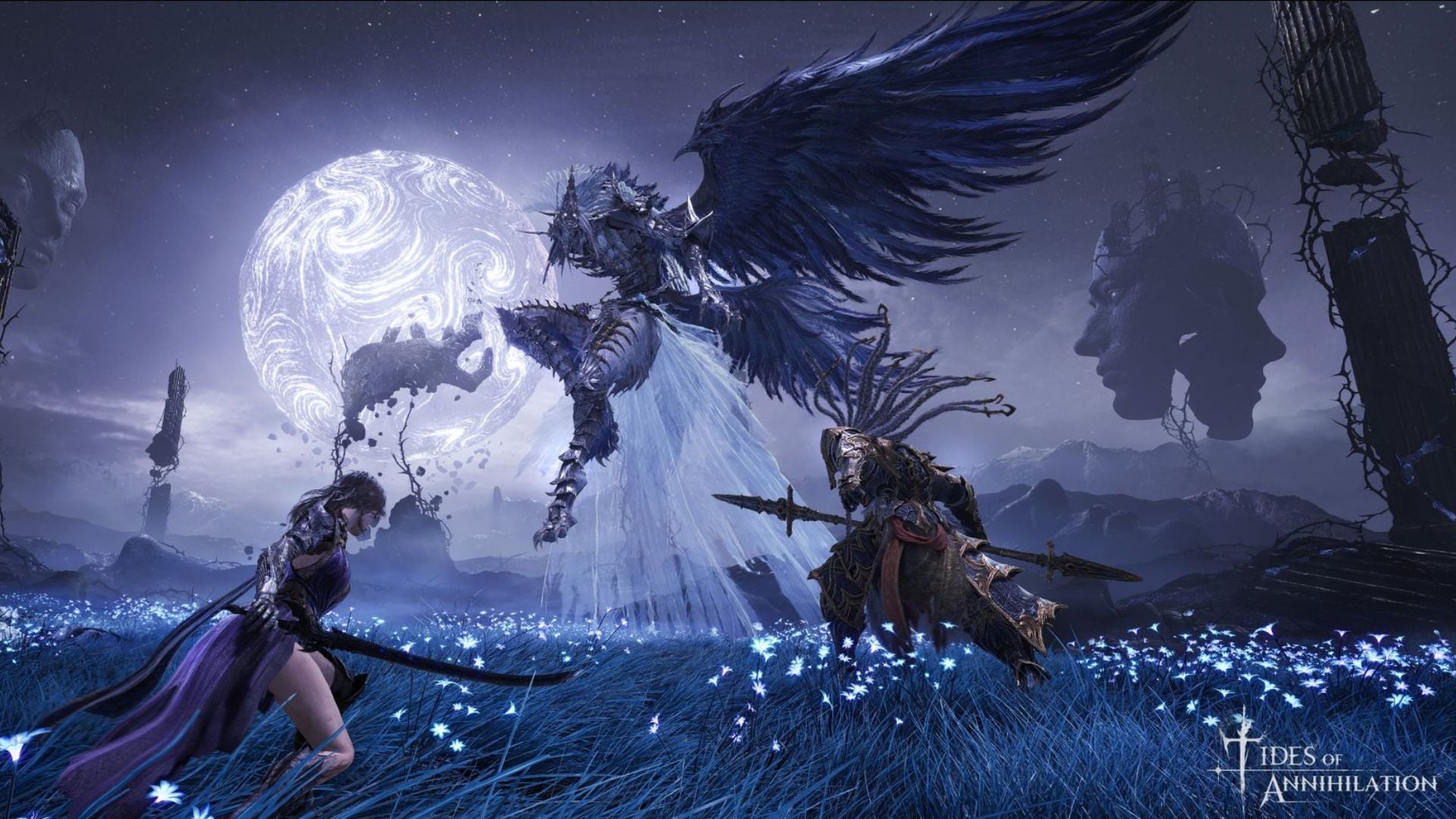
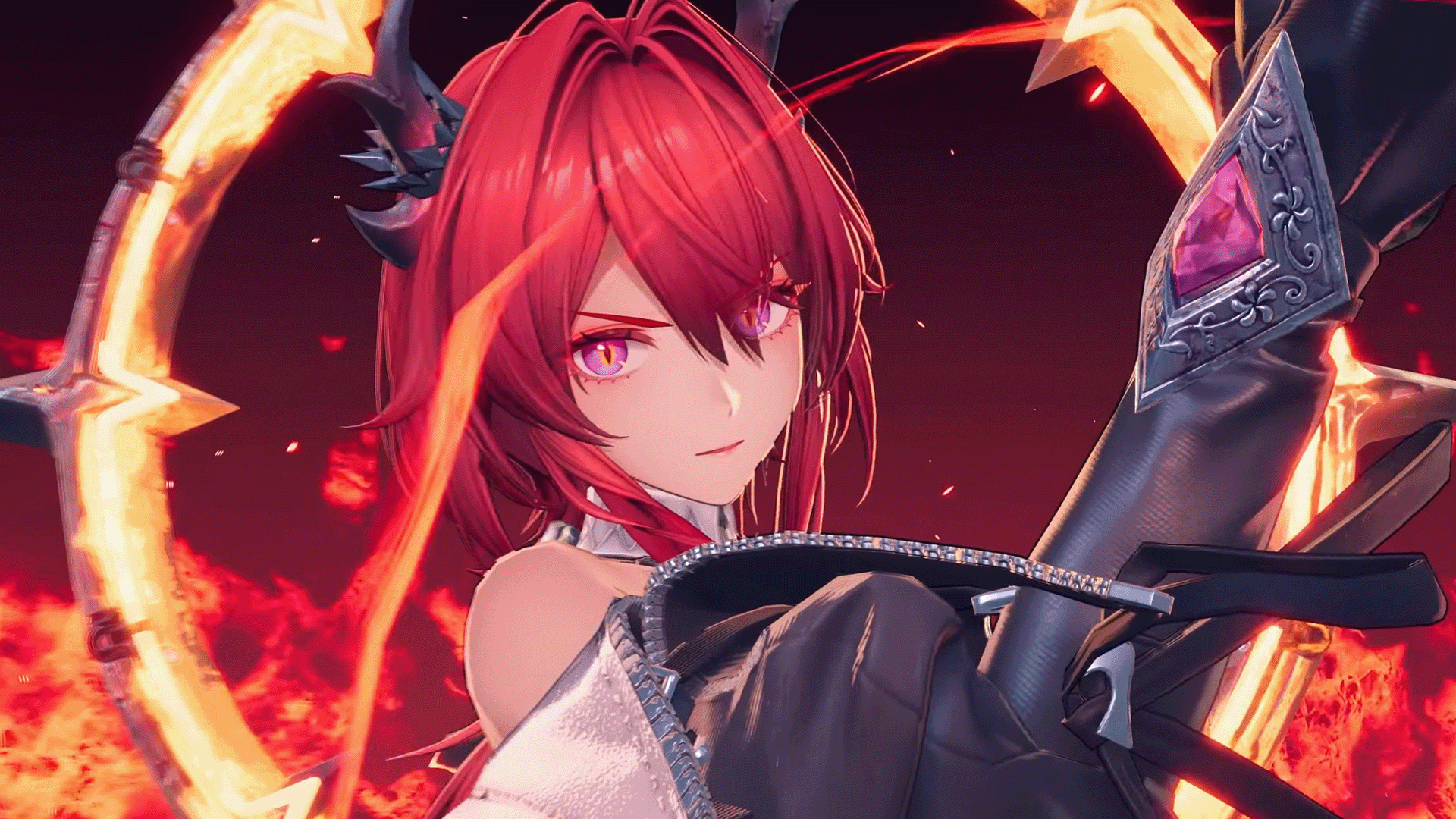


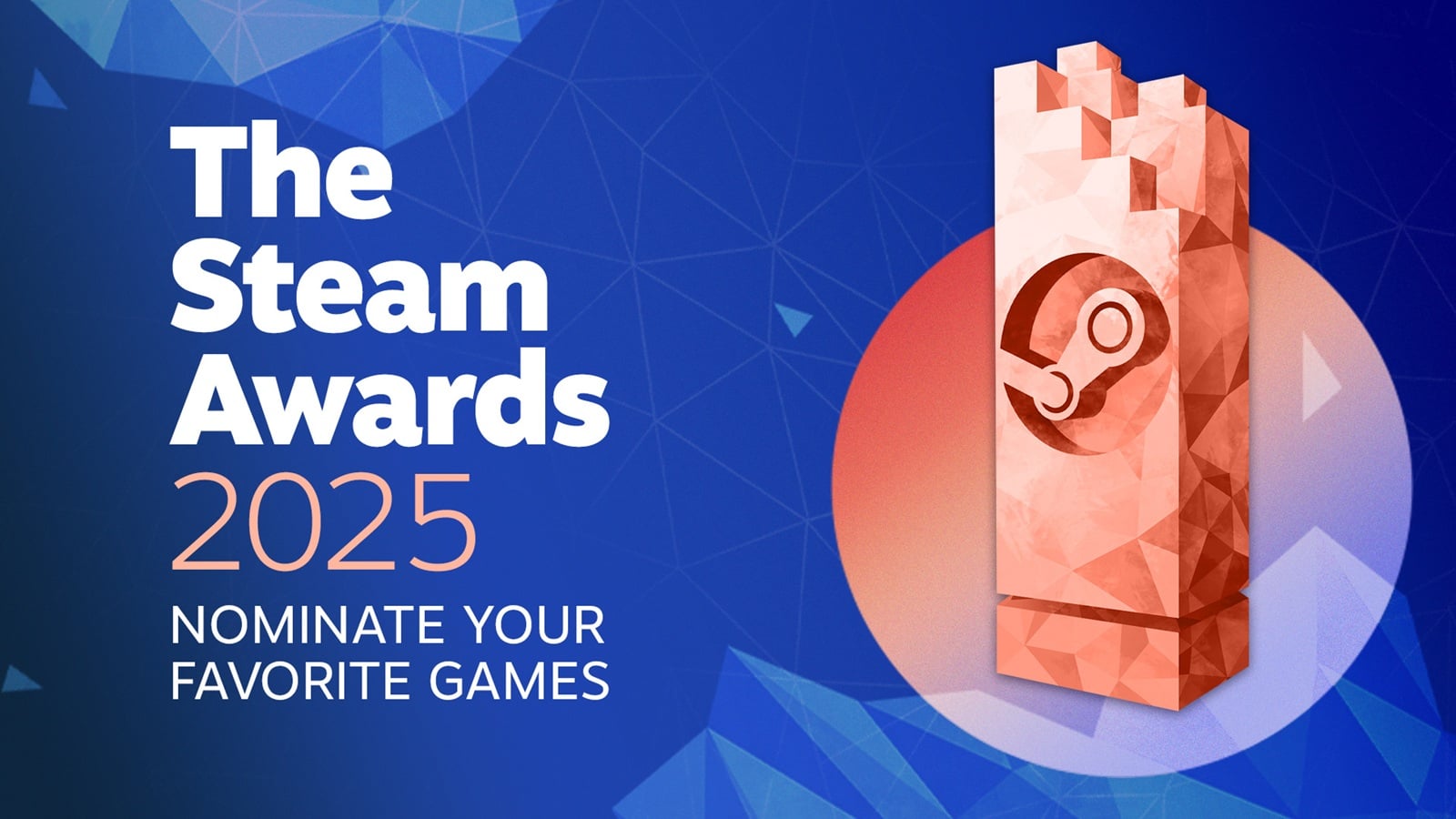
Published: Oct 1, 2016 06:24 pm